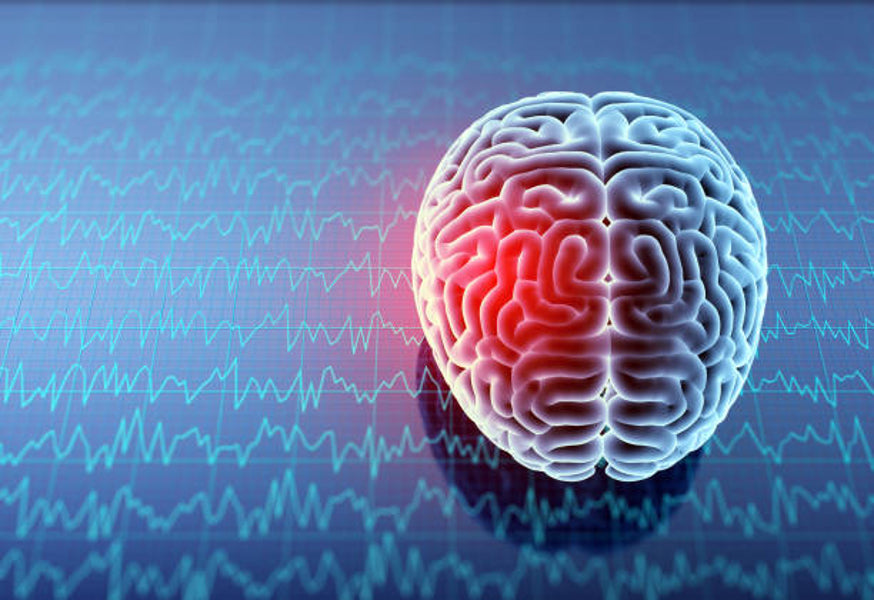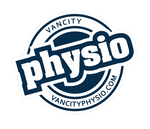Physiotherapists typically start by conducting a comprehensive assessment to understand the severity and specific impairments resulting from the Traumatic Brain Injury. This assessment may include evaluating strength, balance, coordination, range of motion, sensory deficits, and functional abilities.
Individualized Treatment Plans: Based on the assessment findings, physiotherapists develop individualized treatment plans tailored to the patient's specific needs and goals. These plans often focus on improving mobility, balance, strength, coordination, and overall functional independence.
Range of Motion and Stretching Exercises: Traumatic Brain Injury can lead to muscle stiffness and contractures, limiting range of motion. Physiotherapy often includes gentle stretching exercises to maintain or improve joint flexibility and prevent contractures.
Strength Training: Weakness in muscles, particularly those involved in walking and functional activities, is common after Traumatic Brain Injury. Physiotherapists design strength training programs to target specific muscle groups, helping patients regain strength and endurance.
Balance and Coordination Exercises: Traumatic Brain Injury can affect balance and coordination, increasing the risk of falls and other injuries. Physiotherapy interventions often include balance exercises, proprioceptive training, and activities to improve coordination and postural control.
Gait Training: Many individuals with Traumatic Brain Injury experience difficulties with walking and may require gait training to improve their ability to walk safely and independently. This may involve exercises to improve step length, stride symmetry, and overall walking pattern.
Functional Mobility Training: Physiotherapists focus on improving functional mobility to help individuals with Traumatic Brain Injury perform activities of daily living more independently. This may include practicing tasks such as transferring from bed to chair, climbing stairs, and navigating obstacles.
Education and Instruction: Physiotherapists provide education and instruction to patients and their caregivers on safe movement techniques, strategies to prevent falls, and home exercise programs to supplement in-clinic therapy.
Adaptive Equipment and Assistive Devices: In some cases, individuals with Traumatic Brain Injury may benefit from the use of adaptive equipment or assistive devices to support mobility and independence. Physiotherapists can assess the need for such equipment and provide guidance on its use.
Long-Term Management and Monitoring: Recovery from Traumatic Brain Injury is often a gradual process, and physiotherapy may be needed for an extended period. Physiotherapists monitor progress, adjust treatment plans as needed, and provide ongoing support to help individuals optimize their functional outcomes and quality of life.
It's important for physiotherapists to work closely with other members of the healthcare team, including physicians, occupational therapists, speech therapists, and neuropsychologists, to ensure comprehensive care for individuals with Traumatic Brain Injuries.


